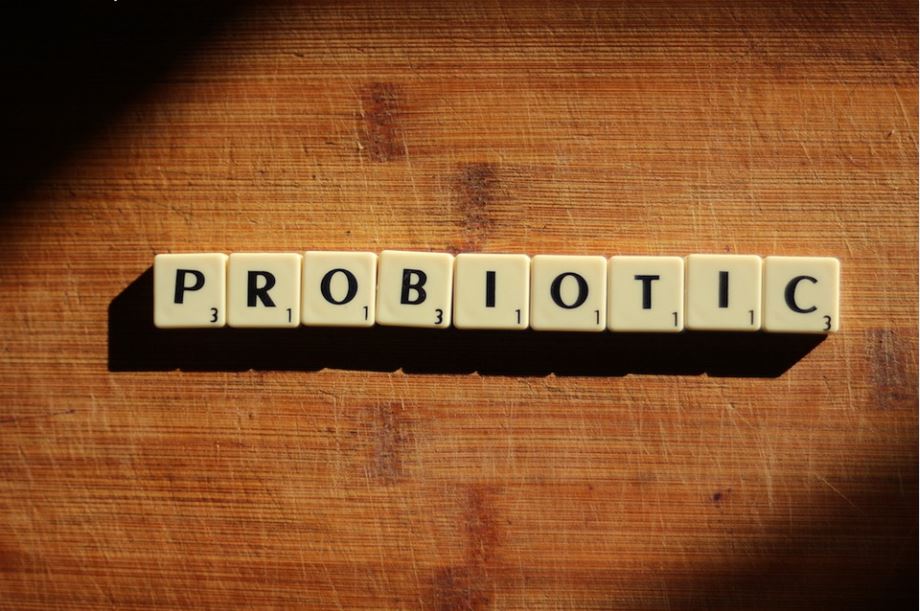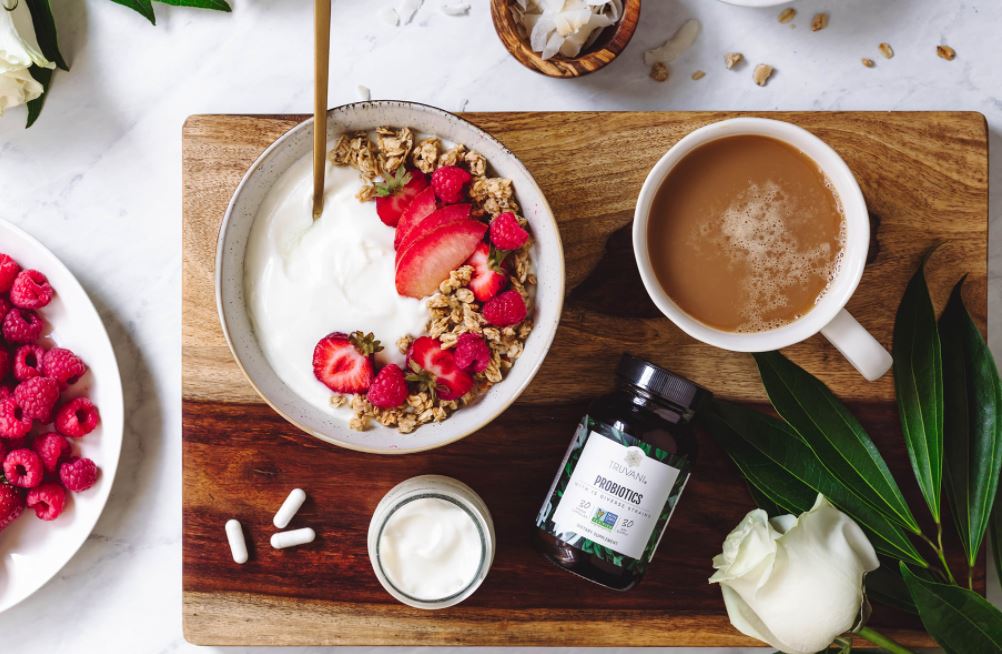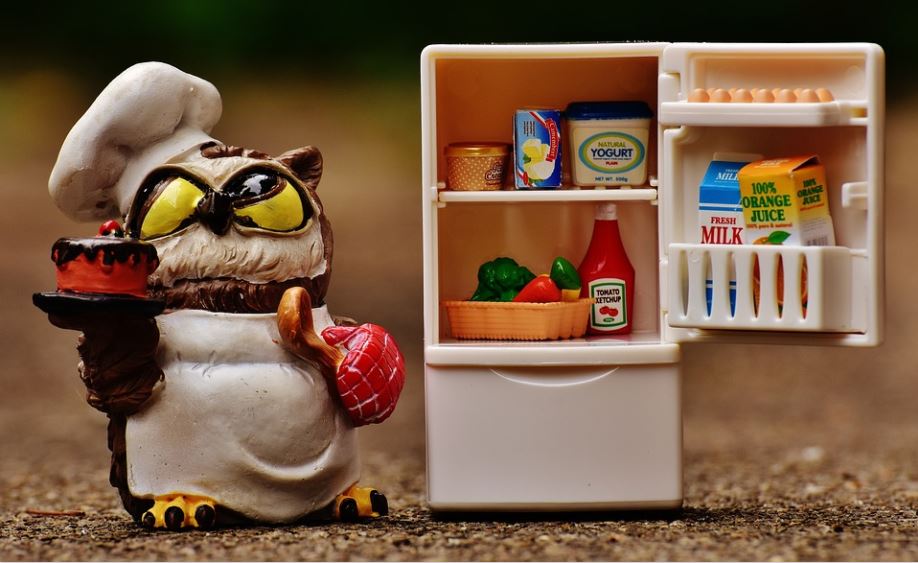Parenting
5 Best Probiotics For Kids – Buying And Health Guide

Probiotics are live microorganisms (bacteria and yeast) that benefit your digestive system. Researchers aren’t sure how they function, but research suggests that they may aid in a variety of health issues, including stomach problems, skin conditions, allergies, oral health difficulties, immune support, and more. Truvani, Klaire Labs, and Mary Ruth’s Liquid Probiotic are among the best probiotics.
Are probiotics okay to use?
Probiotic supplements are generally considered safe. The FDA has certain rules for some, while a third-party organization performs quality testing on others. The majority of people will not experience any adverse effects from consuming a probiotic, however, if your youngster does, they are usually minor and transient, such as bloating or mild digestive discomfort.
Adding a probiotic to your diet is one of the most natural, efficient, and safest methods to improve your family’s digestive health and immunity. And what’s better, probiotics are manufactured specifically for children! But how do you decide which one is best for your little ones?
The 5 best probiotic supplements for kids
1. Children’s Probiotic and Pre & Probiotic from Llama Naturals
This is the only probiotic on my list that includes prebiotics! It’s also 100 percent organic and contains real fruit. There are no added sugars, sweeteners, waxes, acids, food coloring, or gelatin in it. They’re plant-based with 4 billion colony-forming units and vegan. The size is perfect for kids 5 years and older, and the 2 oz. size is great for those over 5 years of age.
2. Garden of Life Raw Probiotics
It is a supplement made from fermented bacteria .Preschool ABCs Organic, vegan form is a powder that may be used to make smoothies more nutritious. This variation has a subtle banana flavor and is available in powder form, making it easy to incorporate into a breakfast smoothie. It’s also gluten-free, certified organic, and contains no sugar.
It’s gluten-free, lactose-free, and vegan friendly. This product comes in the form of a powder that may be mixed with water, milk, juice, or even food. It’s recommended to keep it refrigerated if possible.
3. Klaire Labs
Lactobacillus reuteri NCHH-3112, also known as Reuterin, is a unique probiotic that’s been shown to help prevent cavities. It’s available as a liquid and powder and can be added directly to milk or baby food. It’s hypoallergenic, low in calories, gluten-free, and non-GMO.
A 2012 study published in the “Journal of Clinical Nursing” found that, when schoolchildren took a L-reuteri preparation for eight weeks, their dental health improved dramatically. A 2014 study published in “The Scientific World Journal” confirmed the findings. Researchers concluded that taking L. reuteri.
This vitamin might be a wonderful addition to your baby’s formula-fed diet. The choice is vegan, including vitamins B and D as well as iron, making it a supercharged multi-vitamin for your child. This option is in powder form and may be mixed into food or drinks. It’s flavored to taste like orange fruit punch for a slightly sweet flavor, but there are no artificial chemicals, colors, or sugars added to it. 5 billion colonies forming units per serving.
4. Mary Ruth’s Liquid Probiotic
It’s a liquid best probiotic that’s also 100 percent Organic, Raw, Non-GMO, Paleo, Wheat Free, and Corn Free, Ketogenic, Gluten-Free,. Bariatric and Celiacfriendly It’s shelf-stable and flavorless, so it’ll last for a long time and can be used in almost any recipe. It’s a great option for those who don’t like taking pills. 5 billion colony-forming units per serving.
This supplement is a great choice if you or your child is lactose intolerant or has an allergy to cow’s milk, as this powder contains no dairy
5. Truvani
The capsules are simple to consume. The contents of the capsules may be readily blended into food or beverages for children. With a unique blend of 15 probiotic strains, this little work might pay off big time. This probiotic is GMO-free and does not contain any additional chemicals.

best probiotics-image from facebook
Bonus
Organic Pre & Probiotic Powder for Kids by Preschool ABCs
This is the only probiotic on my list that also includes prebiotics! It’s also 100 percent organic and made with real fruit. There are no added sugars, sweeteners, waxes, acids, food colorings, or gelatin in it. They’re plant-based and vegan as well as GMO-free.
Rainbow Light Probiolicious Gummies
These delicious cranberry-flavored gummies are free of milk, soy, eggs, fish, wheat, gluten, shellfish, and lactose and contain no artificial flavors or colors. The gel in this supplement is animal-based; therefore it’s not suitable for vegans. 1 gummy contains 500 million CFUs and combines both probiotics and prebiotics.
This supplement was formulated to help those with lactose intolerance, as the digestible carbohydrate in it helps to break down lactose and ease its digestion. Best used daily, this supplement is a great way for adults or kids that have trouble keeping track of pills to get their necessary 5+ strains
Consider giving your child probiotics in addition to his or her regular diet. Similar health advantages for adults — from aiding the development of healthy digestive bacteria to strengthening their immune system — may be gained by giving children probiotics. However, before you start adding this to your child’s diet, talk to their doctor about whether probiotics are right for them. Use the following list of seven probiotics for youngsters as a guide once you’ve gotten the green light to begin supplementation.
Refrigerating Probiotics
Do I need to refrigerate my probiotics?
Probiotics should be stored in an area that is not exposed to direct sunlight. If you have a probiotic pill, it can be stored anywhere because it does not require special storage conditions. Probiotic liquids however will need to be refrigerated if they are kept for any period of time longer than 5 or 6 days.

refrigerate best probiotcs-image from pixabay by Alexas_Fotos
How can you tell if probiotics should be kept in the refrigerator?
Typically, they should. The labels on the packaging of all probiotics tell us where we can store them and how long we can expect them to be viable outside that range (the usual shelf life). Usually, this is 5 days to 2 weeks – but keep in mind that “best by” or “expiration date” doesn’t really apply to probiotics. They are more akin to food, not medication. If the product gets old but isn’t bad, it’s still good for you. When in doubt though, give it 5 days and see what happens!
Are there any dangers of refrigerating probiotics?
Probiotics are not sterile products. In fact, they’re filled with living microorganisms! More specifically, there’s a whole colony of bacteria. Another step to examine if you should chill your probiotics is by thinking about how you initially purchased them.
Probiotics that need to be kept cold are generally located in the refrigerator section of the shop or pharmacy, while probiotics that can be stored at room temperature are more likely to be found in the non-refrigerated sections.
READ MORE:
- What’s the difference Between Organic Milk and Conventional Milk?
- Choosing the Right Water Flotation Device for Your Child this Summer
- Is Cosleeping Really Unsafe?
- Is Cosleeping Really Unsafe
